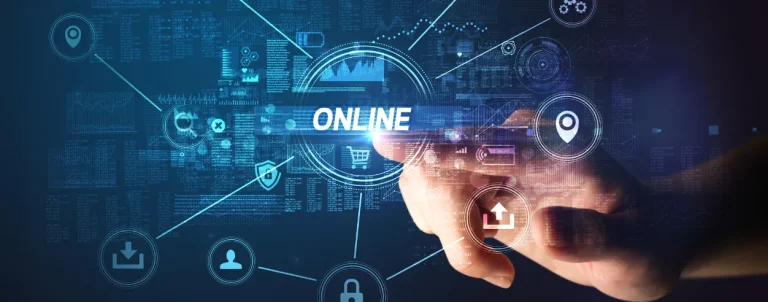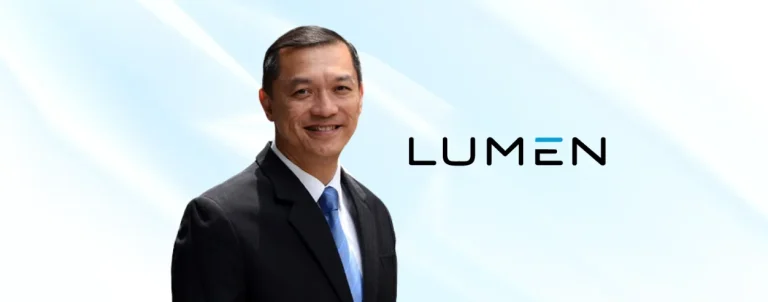Singapore – Distributed denial of service attacks (DDoS) on the retail sector have increased by nearly 61% since last year, indicating a growing trend in cybercrime that targets e-commerce platforms and online retail operations. This is according to the latest threat landscape report by cybersecurity firm Imperva, which is now a Thales company.
In the report, it was observed that financial services are the most targeted sector, representing 23.8% of all Layer 7 DDoS attacks. It also faces the most powerful attacks in terms of requests per second (RPS). In the first half of 2024, attacks on the financial services sector reached a staggering combined RPS of 118 million.
The telecommunications sector experienced a significant 548% rise in attacks. This underscores their role in maintaining Internet connectivity and the high stakes of disrupting their service.
Furthermore, attacks on healthcare organisations increased by 236%, emphasising the potential impact on critical services and patient data.
The gaming industry, on the other hand, faced a 208% rise in attacks, affecting both online gaming experiences and financial transactions.
In particular, DDoS attacks targeting industries associated with major sporting events have surged by 89%, showing that high-profile events attract cybercriminals seeking to disrupt operations and gain publicity.
Additionally, the report also found a geopolitical influence on DDos activities, with political tensions significantly impacting the prevalence of said attacks in countries like the Middle East, where unrest led to an 118% increase in attacks on Israel. The Russia-Ukraine conflict further resulted in a 519% surge in attacks on Ukraine, and a cybersecurity competition saw an 84% rise in attacks on China.
Meanwhile, the report also provided insights to help organisations prepare for the evolving threat landscape. This includes increased vigilance and robust cyber defences needed during election periods; continuous monitoring and updates are crucial to mitigate threats from new variants of the Mirai botnet; and investing in AI-driven defence mechanisms becomes increasingly important.
In addition, the report noted that staying informed about the activities of major hacking groups will help anticipate and prepare for new threats.












